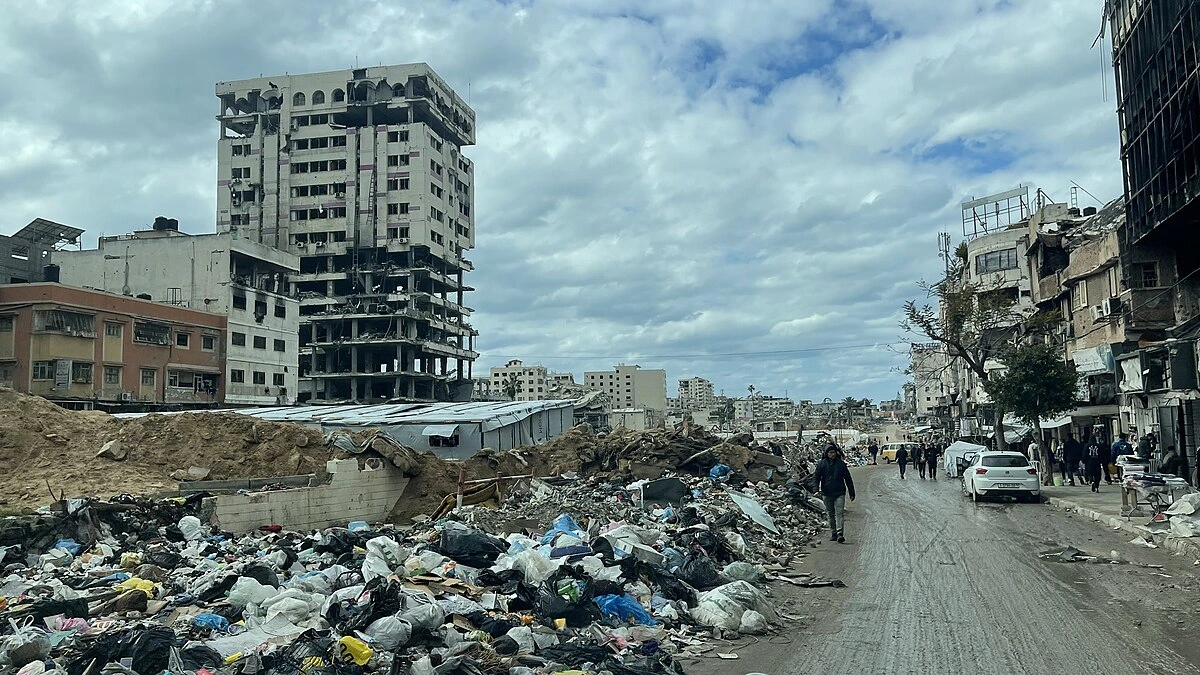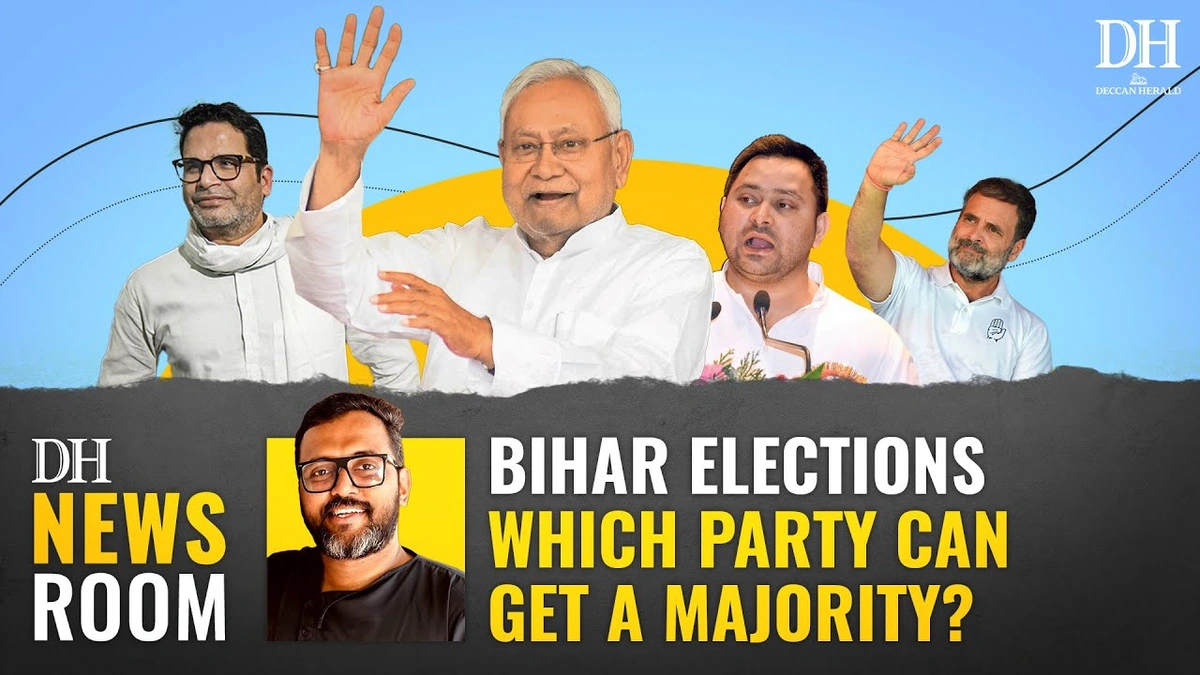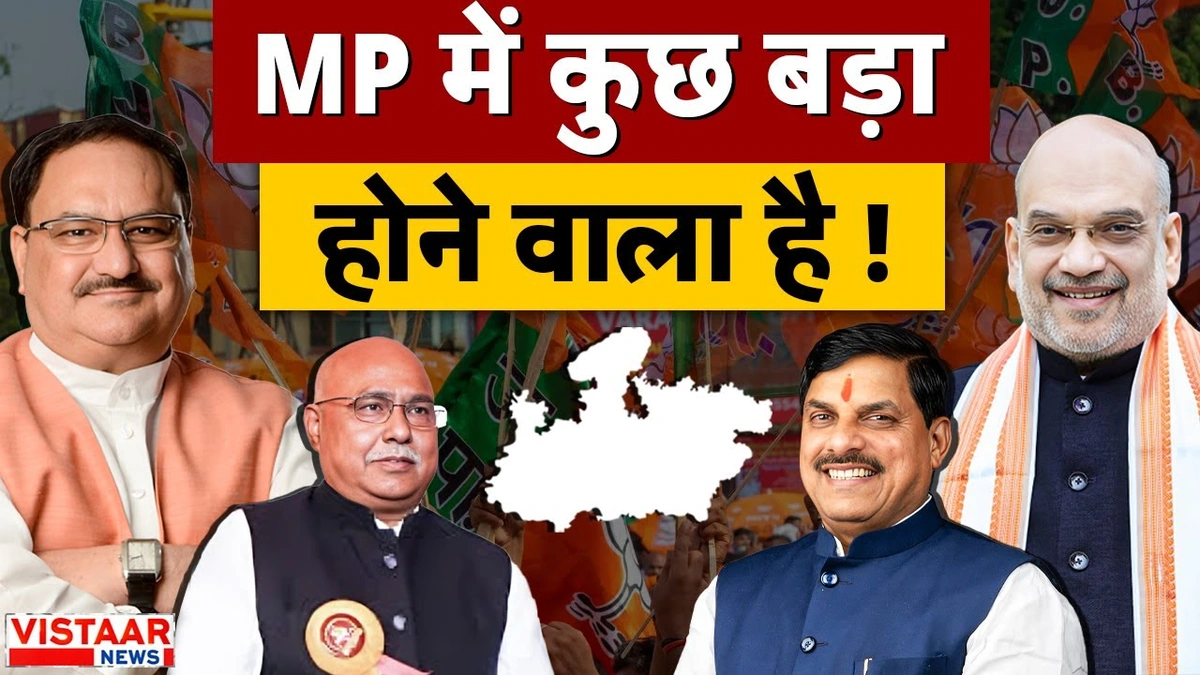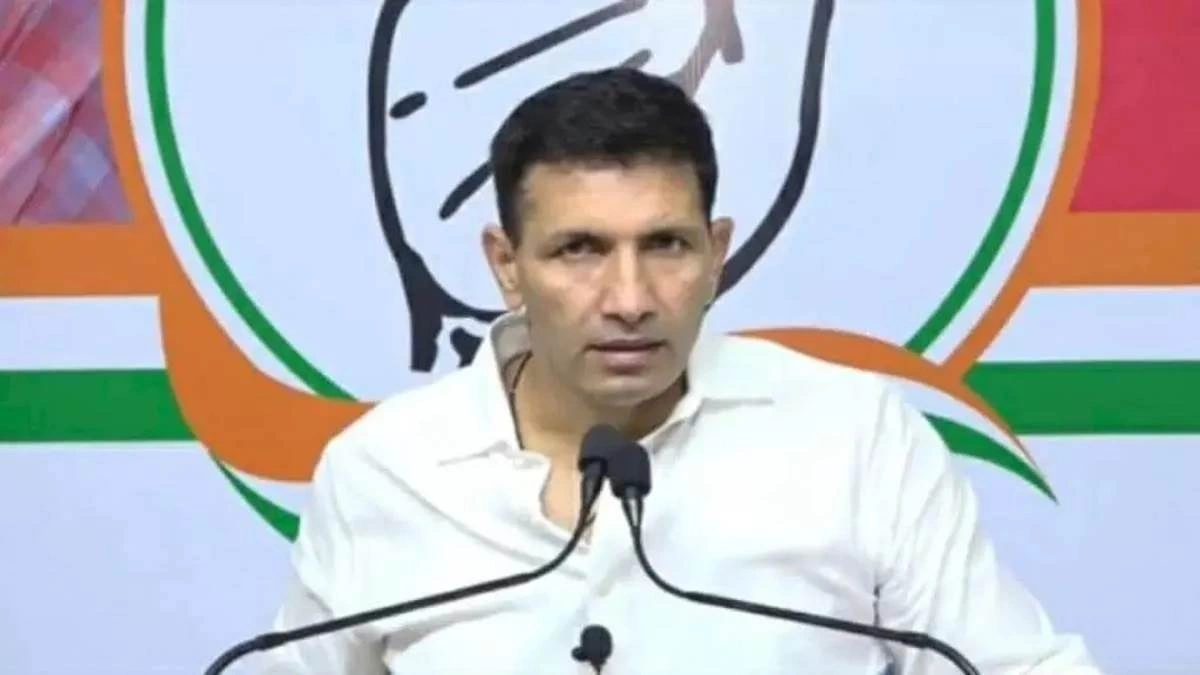Gaza | Beyond the Headlines – Understanding the ‘Why’ Behind the Conflict
The news from Gaza . It’s relentless, isn’t it? But let’s be honest, headlines often only scratch the surface. We see the numbers, the destruction, but rarely dive into the why.
Here’s the thing: understanding Gaza isn’t about memorizing dates and names. It’s about grasping the complex web of history, politics, and human emotions that fuel this conflict. So, let’s ditch the surface-level reporting and get into the real questions.
The Historical Roots | A Century of Conflict
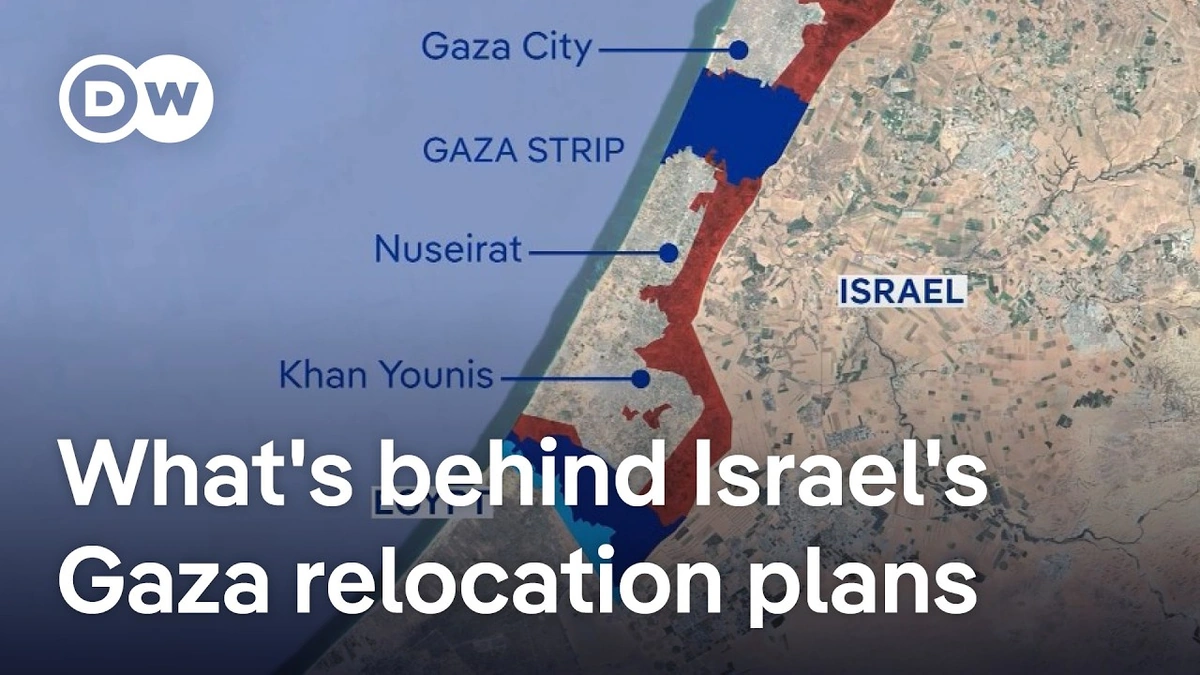
To truly understand the current situation in Gaza , you have to rewind, way back. The roots of the conflict are buried deep in the early 20th century, with the rise of Zionism and Palestinian nationalism. The land now known as Israel and the Palestinian territories was then part of the Ottoman Empire. After World War I, the British took control, and things started getting complicated. The Balfour Declaration of 1917 promised a “national home for the Jewish people” in Palestine, but didn’t address the rights of the existing Arab population, it was a situation rife with conflict.
And so began a century of displacement, resistance, and violence. Wars in 1948, 1967, and 1973 redrew the map, creating a refugee crisis and solidifying Israel’s control over the West Bank and Gaza Strip . Each event deepened the wounds and hardened positions on both sides.
The impact on the people of Gaza has been immense.
The Geopolitical Chessboard | Who’s Playing and Why?
Gaza isn’t just a local conflict; it’s a pawn in a larger geopolitical game. Regional powers like Egypt, Iran, and Saudi Arabia, as well as global players like the United States and the European Union, all have their own interests and agendas. Egypt, for example, shares a border with Gaza and often plays a role in mediating ceasefires.Their relationship is complicated, balancing security concerns with humanitarian obligations.
And then there’s the internal Palestinian politics. The division between Hamas, which controls Gaza, and Fatah, which governs the West Bank, further complicates the situation. These internal divisions weaken the Palestinian cause and make it harder to achieve a lasting peace. It’s a mess, to be blunt.
The Human Cost | Life Under Blockade
Let’s talk about the people of Gaza . Over two million people live in a territory roughly the size of Mumbai, and a significant portion of the population are refugees or their descendants. Since 2007, Gaza has been under a strict blockade imposed by Israel and Egypt, severely restricting the movement of people and goods. This blockade, its critics argue, has crippled the Gazan economy, leading to high unemployment, poverty, and a dependence on humanitarian aid.
Imagine living in a place where clean water is scarce, electricity is intermittent, and opportunities are limited. Imagine the constant fear of violence and the psychological toll of living under siege. It’s not a political talking point; it’s the daily reality for millions.
The Role of International Law and Human Rights
International law plays a crucial role in the Israeli-Palestinian conflict, but its application is often disputed. The Fourth Geneva Convention, for example, prohibits the targeting of civilians in armed conflict. Human rights organizations like Amnesty International and Human Rights Watch have documented alleged violations of international law by both sides. But, the challenge is enforcement. Who holds whom accountable? That’s the million-dollar question.
A common mistake I see people make is believing the narrative of only one side. It’s important to view all sides of a situation to form an informed opinion.
Future Scenarios | What’s Next for Gaza?
So, what does the future hold for Gaza ? Honestly, it’s hard to say. Several scenarios are possible: A continuation of the status quo, another round of conflict, a gradual easing of the blockade, or even a renewed peace process. But, and it’s a big but, any lasting solution must address the underlying issues, including the need for security, self-determination, and economic opportunity for all. The situation in Jerusalem plays a big role in the overall conflict.
What fascinates me is how little the average person understands the historical and political nuances. We see the headlines, but rarely dig deeper. We need to move beyond the sound bites and engage in a more informed and nuanced conversation. We have to address the root causes of the conflict. And, most importantly, we need to remember the human beings caught in the middle.
The international community and the United Nations play a major role in Gaza .
FAQ About Gaza
What is the main cause of the conflict in Gaza?
The conflict’s roots are complex, stemming from historical land claims, displacement, and political tensions between Israelis and Palestinians.
What is the current situation in Gaza?
Gaza is under blockade, facing economic hardship and recurring conflicts. The region’s future is uncertain.
How does the blockade affect the people of Gaza?
It severely restricts movement, limits access to essential goods and services, and hinders economic development.
What role does Hamas play in Gaza?
Hamas is the de facto governing authority in Gaza, leading to both governance and military control.
What are the possible future scenarios for Gaza?
These include continuing the status quo, further conflicts, easing the blockade, or a renewed peace process.
How can the international community help Gaza?
By providing humanitarian aid, mediating peace talks, and advocating for the protection of human rights.
Ultimately, the story of Gaza is a story of human resilience in the face of immense adversity. It’s a story that demands our attention, our empathy, and our commitment to finding a just and lasting solution. The hope for a peaceful Palestinian state remains, though it’s a long and difficult path.
And the influence of figures like Prakash Raj , highlights the importance of understanding diverse perspectives on the Israeli-Palestinian conflict.
